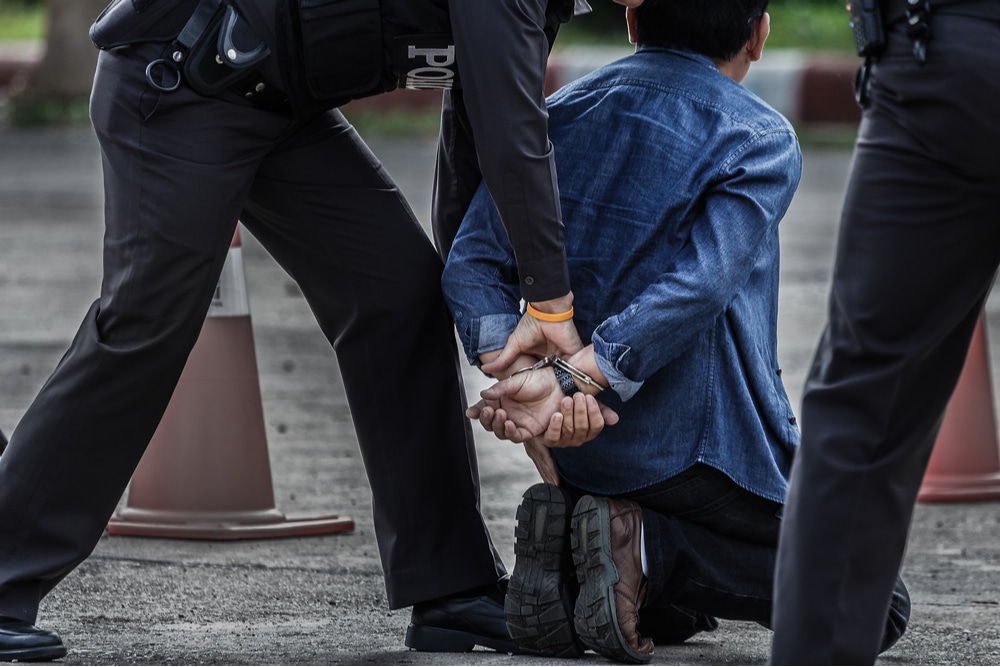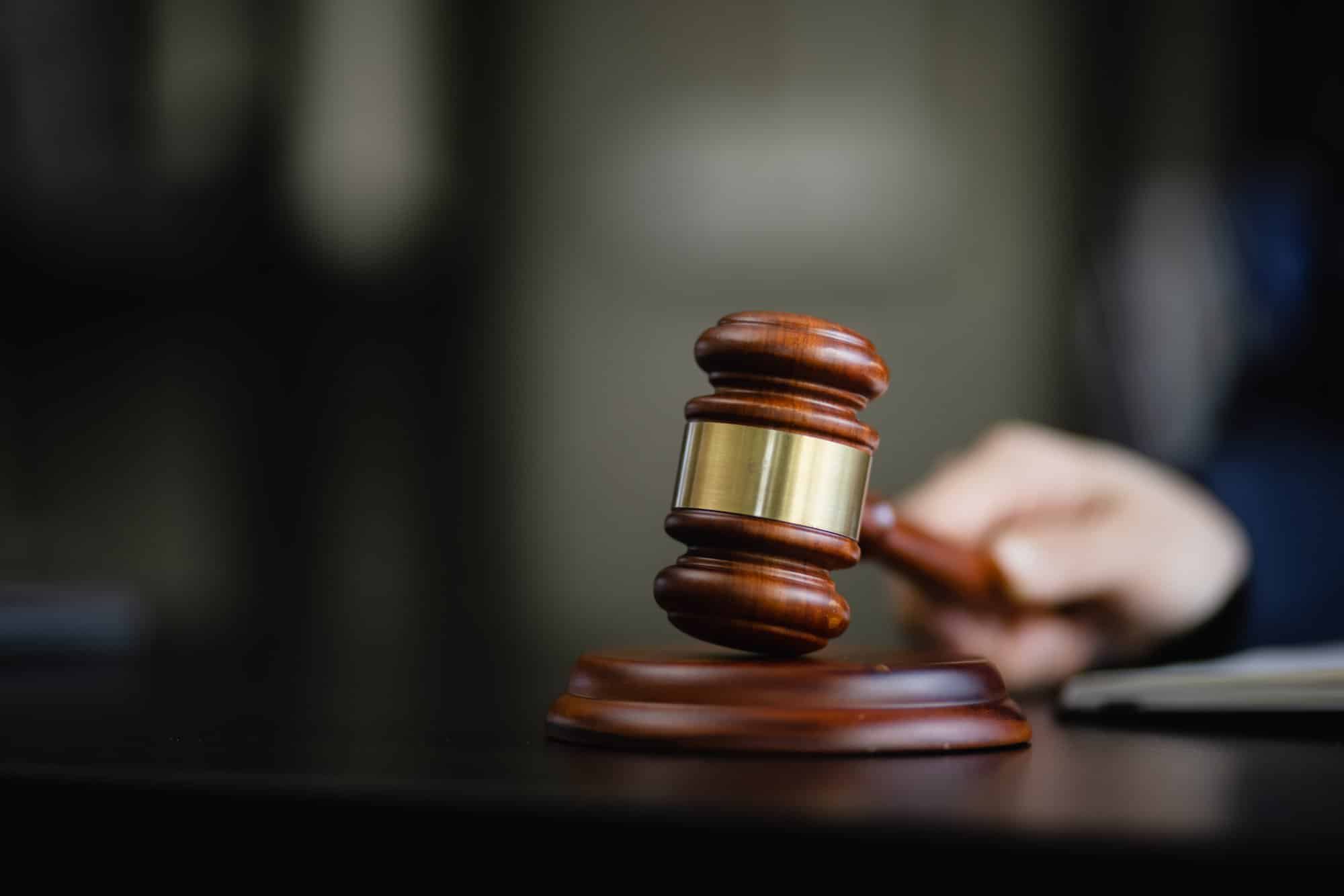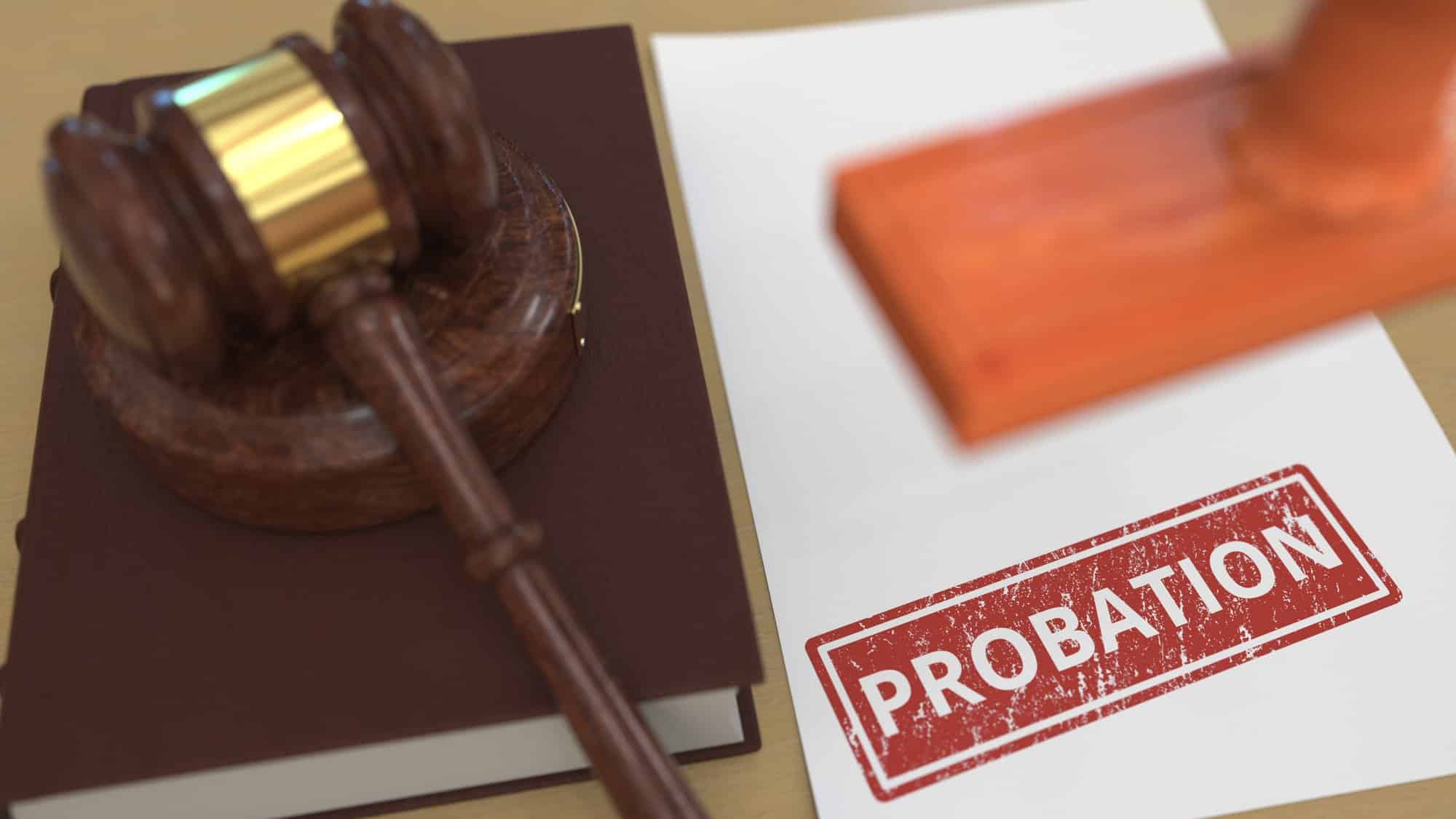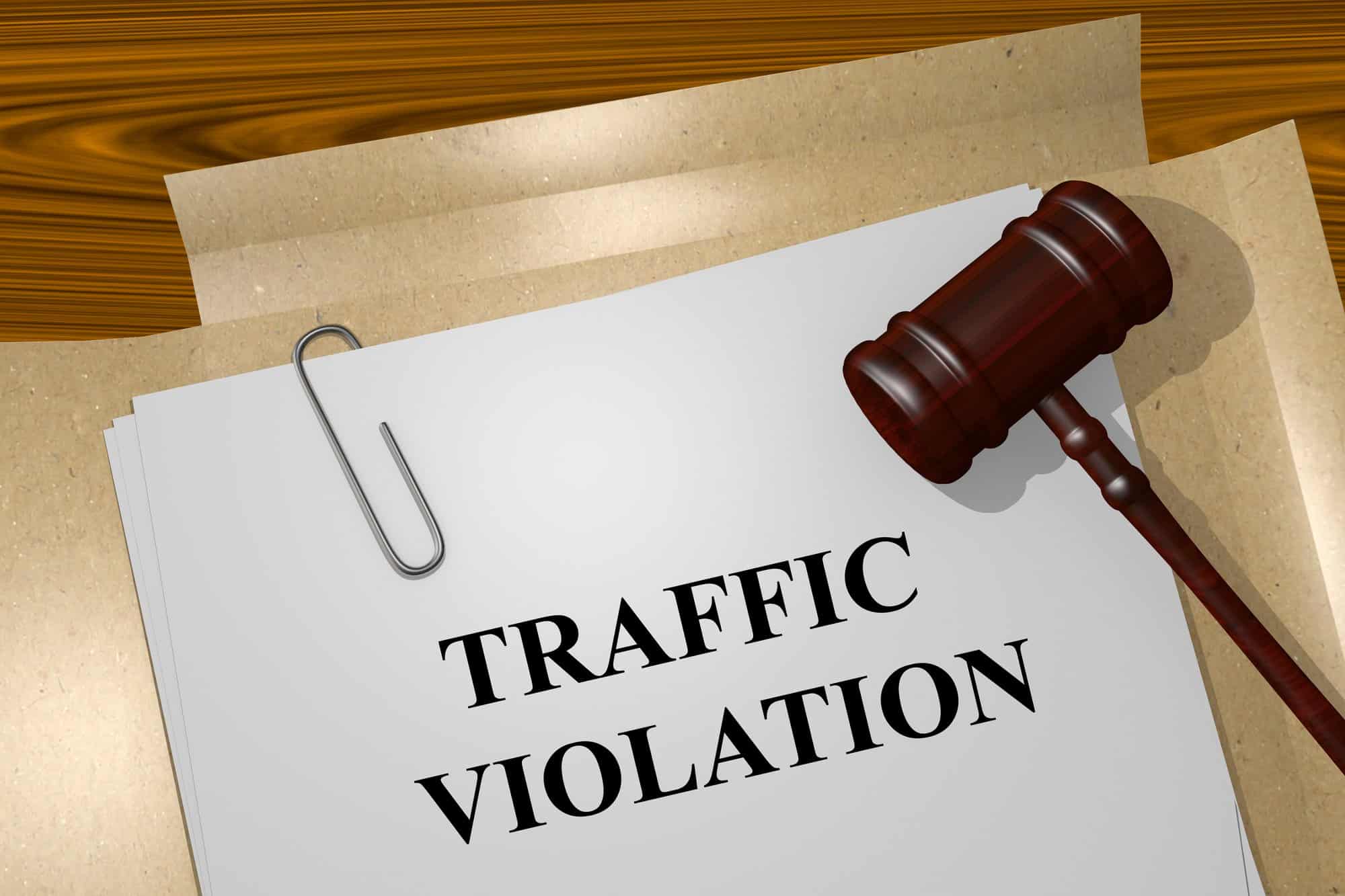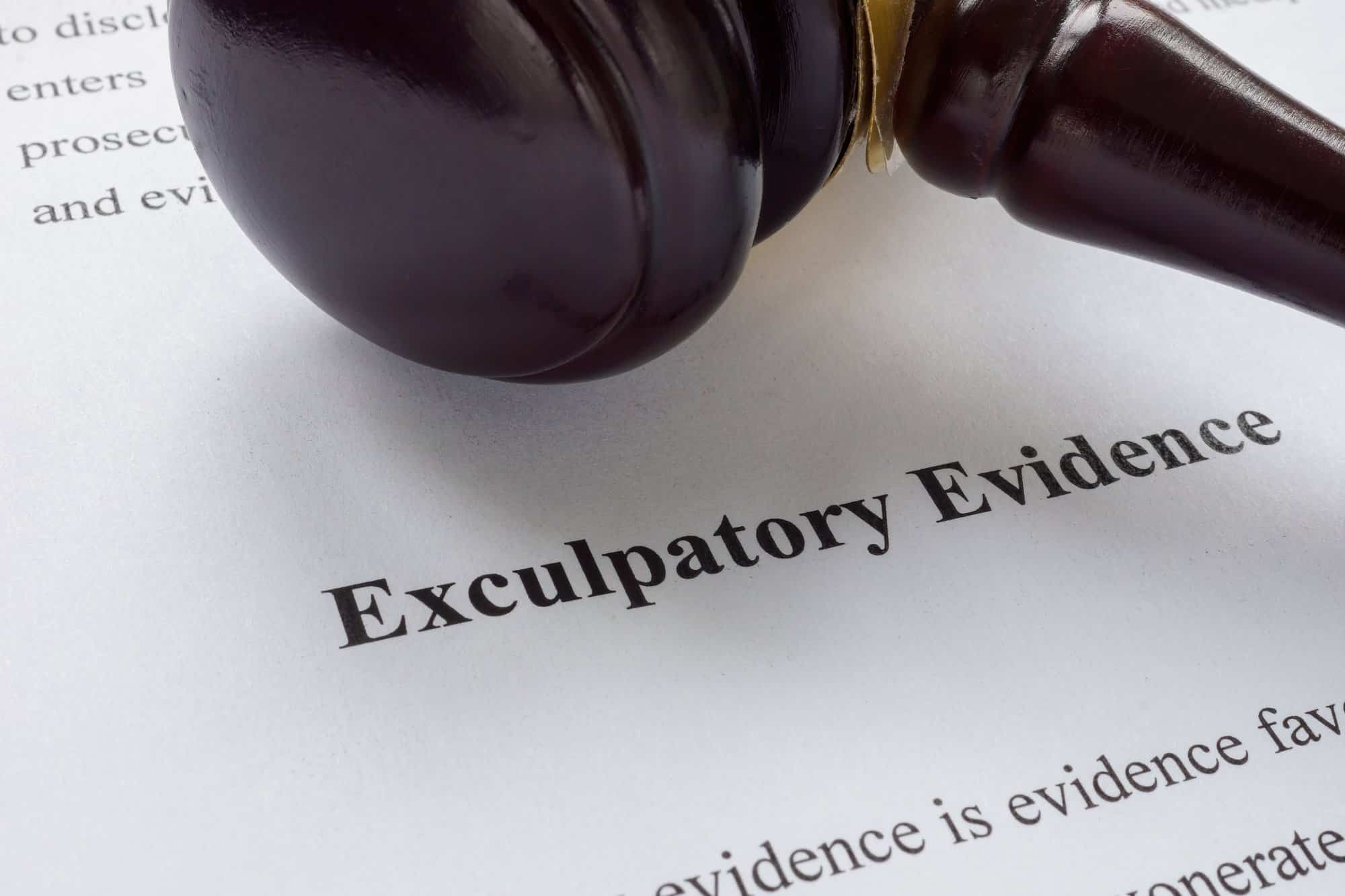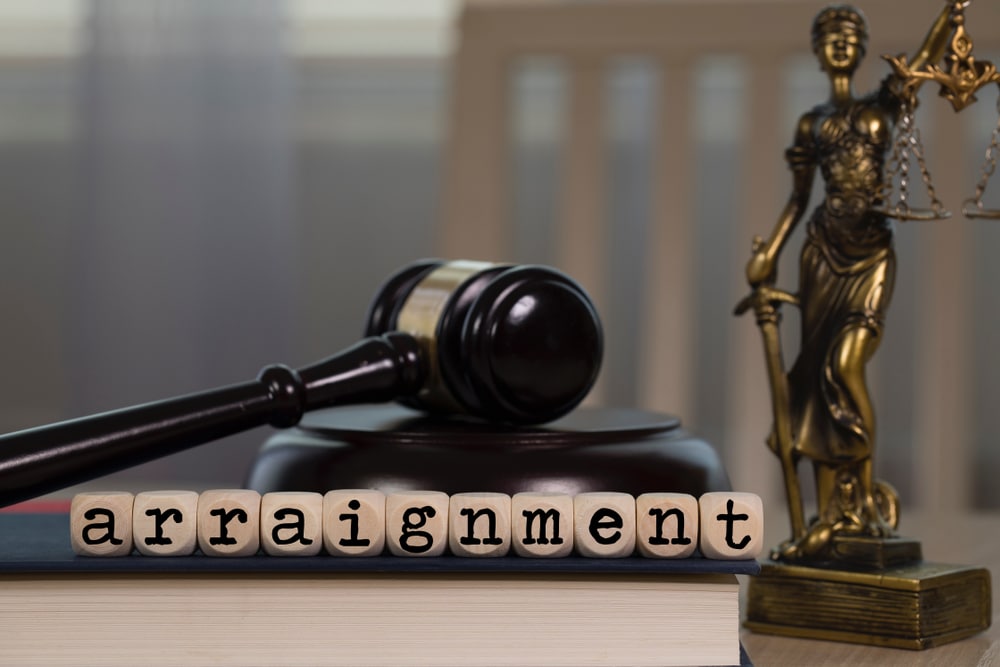Undocumented immigrants who are arrested in the U.S. will first face criminal proceedings. Their top concern is typically whether or not they will go to jail if convicted.
But afterward, they will typically face additional civil proceedings in immigration court. This includes the possibility of deportation, among other consequences, if found guilty during a criminal trial. Below are some basic guidelines you should know if you or a loved one is an immigrant arrested for a crime in New York.
Who Are Non-Citizens?
In the U.S., non-citizens include:
- Undocumented persons or those who entered the country illegally
- Documented persons who remained in the country after their visas expired
- Green Card Holders (Legal permanent residents)
- Conditional residents
- Non-residents, such as visa holders and tourists.
Your personal and criminal history prior to the new criminal allegations will impact the immigration proceedings, particularly if you are found guilty. Your immigration status, criminal history, and length of time in the U.S. all factor in heavily.
According to the New York State Unified Court System, a criminal conviction could:
- Get you deported after you serve your sentence in the U.S.
- Prevent you from becoming a citizen in the future
- Prevent you from renewing your green card
- Prevent you from traveling outside the country
Undocumented immigrants may lose the ability to secure residency, asylum, or a work permit in the future.
Whether you are a documented or undocumented immigrant, new criminal arrests can lead to an immigration detainer. This means that following the criminal case or paying bail, you will not be released and you will be sent to an immigration judge. At that point, you will likely need an immigration lawyer to represent you.
What Crimes Can Result in Immigration Consequences?
Under the Immigrant and Nationality Act (INA), convictions of certain crimes can justify the start of immigration consequences such as deportation proceedings. These offenses include:
- drug crimes
- weapons crimes
- sex offenses
- domestic violence and
- aggravated felonies, among others.
We listed some immigration consequences above. Some others include mandatory detention and apprehension by U.S. Immigration and Customs Enforcement (ICE). In our experience, deportation is the top concern among defendants. The best way to prevent these consequences from the outset is to plan a strategic criminal defense with a criminal defense lawyer.
Avoid A Guilty Plea
If you are arrested and charged with a felony or misdemeanor, do not negotiate directly with federal or state prosecutors. They often use very deceptive language to get you to sign away your rights as a noncitizen, which will put you on the path to the immigration consequences listed above.
Generally speaking, it is not in the defendant’s best interest to enter into a guilty plea in criminal court. Guilty pleas can lead to immediate detention and deportation. They also lead to quicker convictions. In the United States, a defendant is considered innocent until proven guilty. That is why in nearly all the criminal cases D’Emilia Law has defended, we submitted a “not guilty” plea and put the burden of proof on the state.
Hire A Knowledgeable Criminal Defense Lawyer in NYC
Seek legal help from a private criminal defense lawyer. A knowledgeable criminal defense lawyer will:
- fight on your behalf to prevent a conviction and have the charges reduced or dismissed and
- know how your immigration status will be impacted by the criminal proceedings.
A plea must meet constitutional standards of “knowing, voluntary and intelligent.” If your plea failed one of these standards because your attorney failed to explain the immigration consequences, then your Sixth Amendment right to counsel has been violated due to ineffective assistance. This means you could have your plea taken back for not understanding the consequences of accepting it.
Immigrants have a lot at stake if they are arrested for a crime in New York. But D’Emilia Law maintains that an arrest is not the end of your life and not the same as a conviction. A strong and strategic defense can uphold your innocence, keep you out of jail, and lawfully residing and working in the United States.

